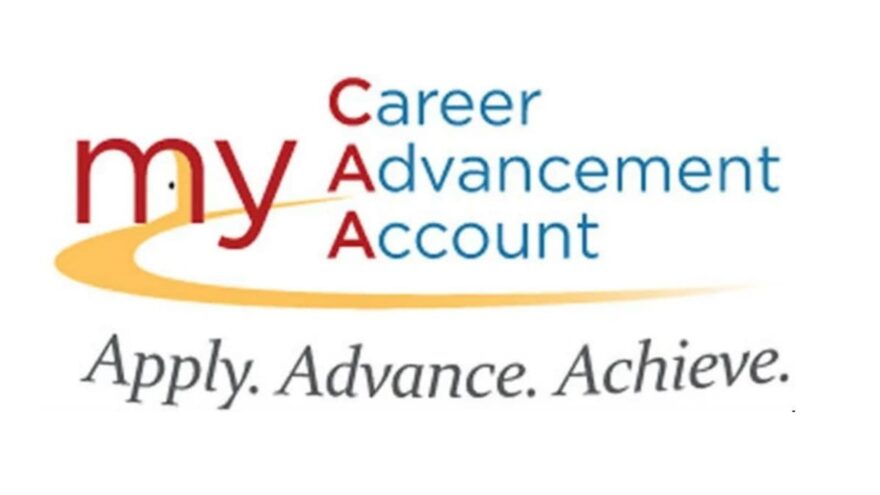MyCAA is a great way to pay for professional courses that will help your career. Eligible military spouses can apply online through the Military One Source website using their Department of Defense Self-Service LogonDS Logon Registration information. The program allows spouses to pursue licenses, certificates, and associate degrees in portable careers. However, it does not cover general studies or liberal arts programs without a concentration.
MyCAA is a scholarship grant encouraging military spouses to pursue education, certification, licenses, and degrees leading to careers in portable fields. The program covers up to $4,000 in tuition assistance.
Spouses of active duty service members in pay grades E-1 to E-5, W-1 to W-2, and O-1 to O-2 qualify. The benefit also applies to spouses of National Guard and Reserve Component members on Title 10 orders in the same pay grades. The benefit is not transferable.
MyCAA does not pay for textbooks or supplies, registration fees, graduation or membership fees, student activity cards, computer purchases, parking, or transportation. It does not cover private licenses, such as for a pilot’s licence or for nursing students, but it does cover professional licensing tests like the bar exam, CPA exams, and state certifications for teachers and medical professionals.
Spouses who apply for MyCAA must create a Career and Training Plan, which includes the field of study, the name of the school, and course information (course titles, codes, costs, and start/end dates). MyCAA counselors and career readiness staff will work with the spouse to select the appropriate courses. Ideally, the chosen field should be one that is in high demand and readily available in each location the spouse moves to. This is why healthcare courses are such popular choices for MyCAA students – they’re highly portable and in high demand.

What Will MyCAA Pay for?
The MyCAA scholarship can be used at any college or university that is accredited and participating in the MyCAA program. However, you should always check with the school to ensure they are registered. If they are not, you can submit a Request to Add Institution form in the spouse portal of MyCAA. This can take up to 60 days to process.
The MyCAA scholarship does not pay for costs associated with taking courses that are not included in your official education training plan (ETP). Additionally, it does not cover any programs that involve military spouses to complete basic skills courses or certify their spouse as an instructor or trainer. This is because MyCAA aims to help you achieve your occupational goals and advance in your career, not just obtain a piece of paper.
How Many Times Can I Apply for MyCAA?
MyCAA covers tuition costs for education and training courses or examinations that lead to a certification, license, certificate, or degree at an approved college or university. This includes associate degrees (excluding Associate’s Degrees in General Studies, Liberal Arts, or Interdisciplinary studies that don’t have a concentration) and certificates. It also covers licensure and certification fees from approved testing organizations that expand employment or portable career opportunities for military spouses.
MyCAA can cover up to $4,000 in benefits per fiscal year. The 2020 NDAA eliminated restrictions on which fields and careers are eligible, so you can focus your MyCAA funding on the career-oriented credentials that will best fit your needs and interests. You can choose from a range of in-demand fields and get on the path to a new career, even while you’re on Title 10 orders!
Spouses must first select the courses that they want to take and create an Education and Training Plan (ETP). The ETP must be approved by a SECO counselor before any MyCAA funds can be used. This typically takes 14 days. Once the plan is approved, spouses can then start taking their classes. Spouses should be sure to talk with their school or MyCAA career counselor before submitting an ETP to ensure that it’s accurate. They should also ask about any additional fees they might need, such as books or supplies.
